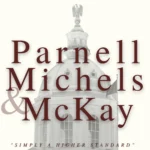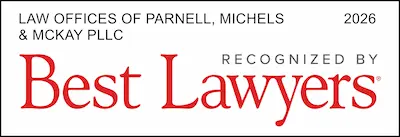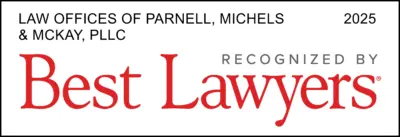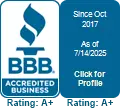What Documents Do I Need For My Case? – Family Law~3 min read
One of the most common questions we get at our office is “what documents do I need to get you?” For family law, the answer depends on what type of case is before the Court, and what phase of litigation you are in.
Any family-related petition in New Hampshire is governed by Family Division Rule 1.25-A. This Court rule has a comprehensive list of documents that any party must exchange in the course of litigation. Colloquially, this rule is called the “mandatory disclosure” rule. Depending on the type of litigation, the list is either shorter or longer. For example, divorce requires full disclosure of all the documents on this list, whereas an unwed parenting case limits the parties’ disclosures.
Failure to exchange mandatory disclosures can lead to a number of unfavorable results. These results include a default finding, which would prevent a party from introducing evidence about the information that failed to be disclosed, paying the other side’s attorney fees, or dismissal in rare cases.
However, even if you are not planning to litigate, providing these documents can be extremely useful to your attorney. Parties are allowed to waive their 1.25-A disclosures with the exception of the financial affidavit. No matter what case you have, you are required to provide a financial affidavit to the Court.
A financial affidavit serves as a summary of all your assets and debts at the approximate time of the document’s filing. The Court relies heavily on this document. Therefore, it is extremely important to be as thorough as possible when completing it, as it may be reviewed by the Court at a later date. The documents required under Rule 1.25-A are intended to provide a financial picture over the past 6-12 months. By providing these documents to your attorney, your attorney can verify the information on your financial affidavit, and ensure that it is as accurate as possible. It’s important to understand that only the financial affidavit gets filed with the Court as a document held in the Court’s record. Your bank statements, credit card statements, etc. are not filed with the Court. Those other documents (in addition to the financial affidavit) are exchanged with counsel.
Otherwise, documents are provided by the client as required during the “discovery” phase of litigation. Frequently, the opposing party has questions about the documents that were provided under Rule 1.25-A. Therefore, they may issue interrogatories or a request for production of documents. Interrogatories are written questions that must have a written response signed under oath. Request for production of documents is self-explanatory in that the opposing party is requesting for additional documentation that was not required under mandatory disclosures, but is relevant to your case. For both discovery vehicles, there are objections and answers that can be provided to try and prevent the disclosure of information or a document, especially if the disclosure is not relevant to the proceeding. However, the best policy is to be as open and detailed as possible. In rare instances for family law matters, parties are deposed. In a deposition, a party is asked questions under oath orally before the presence of stenographer.
Document exchange is a chief part of any litigation. However, it does not need to be difficult. Before you consider filing any petition or motion against your partner, it would be wise to consult with an attorney who can provide you with both the legal and practical advice. The family law attorneys at Parnell, Michels & McKay are well-versed in providing such an approach when dealing with family matters. If you are interested in learning more about parenting plans, divorce, child support, or any other legal worries, please contact us to learn more.
We have 2 office locations: 25 Nashua Rd., Suite C5, Londonderry, NH 03053. Phone number is (603) 434-6331. Our 2nd office is at 137 Main St., P.O Box 669, N. Woodstock, NH 03262. Phone number is (603) 745-8600.
Our firm blends advocacy oriented practice with effective practical solutions for all our clients in Londonderry, N. Woodstock, and throughout New Hampshire. The attorneys at Parnell, Michels & McKay provide effective representation and counseling to assist our clients facing legal questions. We simplify the process so our clients can understand and are able to participate as partners in the resolution.
Our practice includes personal injury law such as motor vehicle accidents, falls, dog bites, workers compensation, social security disability, and other injuries.
We also practice family law, including divorce, post-divorce, unwed custody and property division, and collaborative divorce, and have extensive experience in bankruptcy, probate, boundary disputes, estate planning, corporate formation and other real estate litigation.















